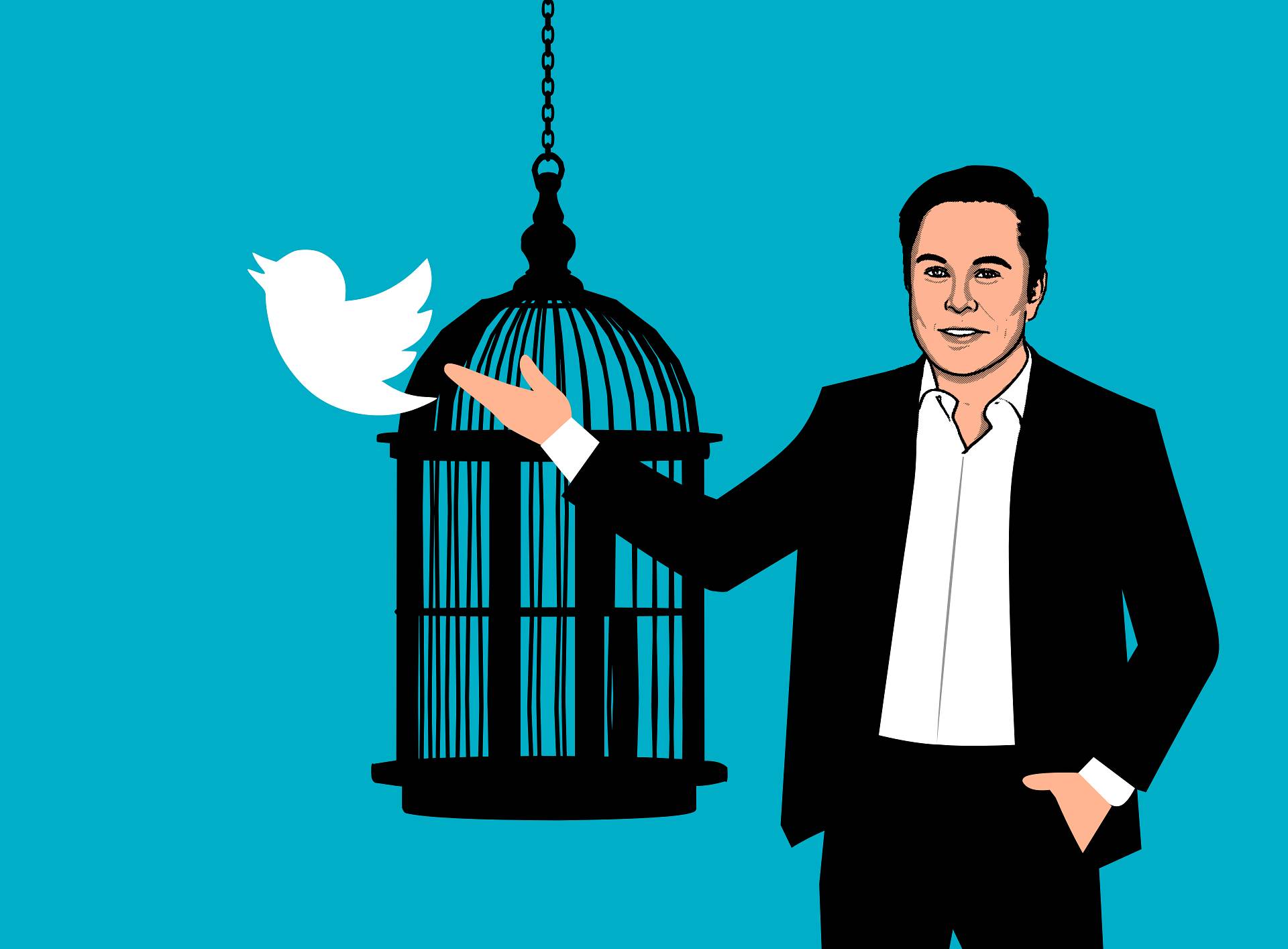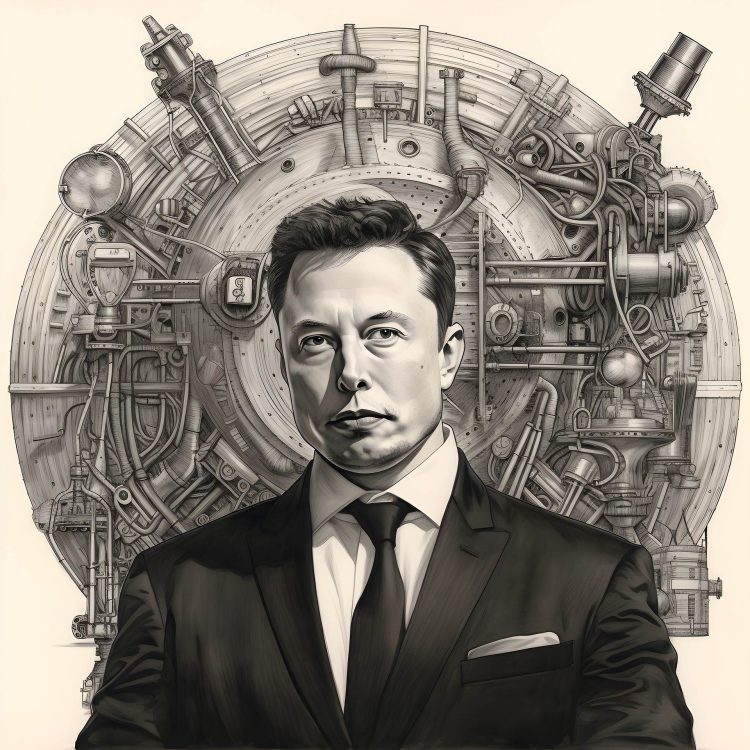Elon Musk does not owe ex-Twitter staffers $500 million in severance, a federal court has ruled, resolving a contentious legal battle that emerged after Musk’s acquisition of the social media giant.
The decision came as a pivotal moment in Musk’s tumultuous takeover of Twitter, marked by massive layoffs and sweeping changes. The controversy began in 2022 when Musk, through his company X Corp., acquired Twitter, prompting the termination of over 6,000 employees, including then-CEO Parag Agrawal. Following these layoffs, a lawsuit was filed alleging that the severance offered fell short of contractual promises, amounting to significant underpayment.
Roots of the legal dispute
The lawsuit was spearheaded by Twitter’s former head of people experience and another ex-manager. They claimed that X Corp., Musk’s company, did not adhere to the established severance plan in place since 2019. Under this plan, senior employees were entitled to upwards of six months of severance pay. However, the terminated employees received, at most, three months of severance pay. The plaintiffs argued this discrepancy represented a breach of contract, with estimates suggesting Musk owed former employees more than $500 million. This claim was grounded in protections provided by the federal Employee Retirement Income Security Act (ERISA).
The plaintiffs maintained that the severance pay offered was inadequate and sought to rectify this through legal channels. They emphasized that the previous severance plan promised far more generous payouts, especially for senior staff, and that the new terms implemented post-takeover were not communicated effectively. This contention set the stage for a high-stakes courtroom battle, scrutinizing Musk’s actions and the contractual obligations of his company.
Musk has posted this back on the time:
Regarding Twitter’s reduction in force, unfortunately there is no choice when the company is losing over $4M/day.
Everyone exited was offered 3 months of severance, which is 50% more than legally required.
— Elon Musk (@elonmusk) November 4, 2022
Court’s rationale and decision
U.S. District Judge Trina Thompson ruled in favor of Musk, dismissing the class action lawsuit. The judge’s decision hinged on the argument that ERISA protections did not apply in this context. In her court filing, Judge Thompson noted that shortly after the October 2022 takeover, Musk’s company informed employees that they would only receive cash payouts. This notification effectively nullified the previous severance plan, as it clearly indicated the terms under which the mass firings in November were conducted.
Judge Thompson’s ruling underscored that the company’s communication about the severance changes was sufficient to override the previous plan. This legal interpretation was critical in dismissing the lawsuit, despite the plaintiffs’ insistence that the original severance terms should still apply. The court’s decision thus absolved Musk and X Corp. of the alleged $500 million severance debt.
Sanford Heisler Sharp, the law firm representing the plaintiffs, expressed disappointment with the ruling and indicated they were considering their options for future action. This response highlighted the ongoing dissatisfaction and the potential for further legal challenges, even as the court had delivered a decisive verdict in Musk’s favor.

Aftermath and ongoing legal battles
Since the November 2022 mass firings, X Corp. has continued to operate Twitter with a significantly reduced workforce. Musk’s drastic reduction from approximately 8,000 employees to about 1,500 was part of broader cost-cutting measures. Despite these efforts, the company has faced financial challenges, with a report from Bloomberg indicating a loss of $456 million in the first quarter of 2023.
Musk’s legal troubles are not entirely over. Another lawsuit involves former CEO Parag Agrawal and three other ex-Twitter executives seeking $128 million in severance payments. Additionally, a separate lawsuit from former senior employees demands over $1 million in severance, with Musk asserting that he never agreed to their benefit plans. These ongoing cases suggest that while the recent ruling was a victory for Musk, the legal landscape remains fraught with challenges related to the mass terminations and contractual obligations.
Let that sink in shall we say?
Entering Twitter HQ – let that sink in! pic.twitter.com/D68z4K2wq7
— Elon Musk (@elonmusk) October 26, 2022
Featured image credit: Dee/Pixabay





